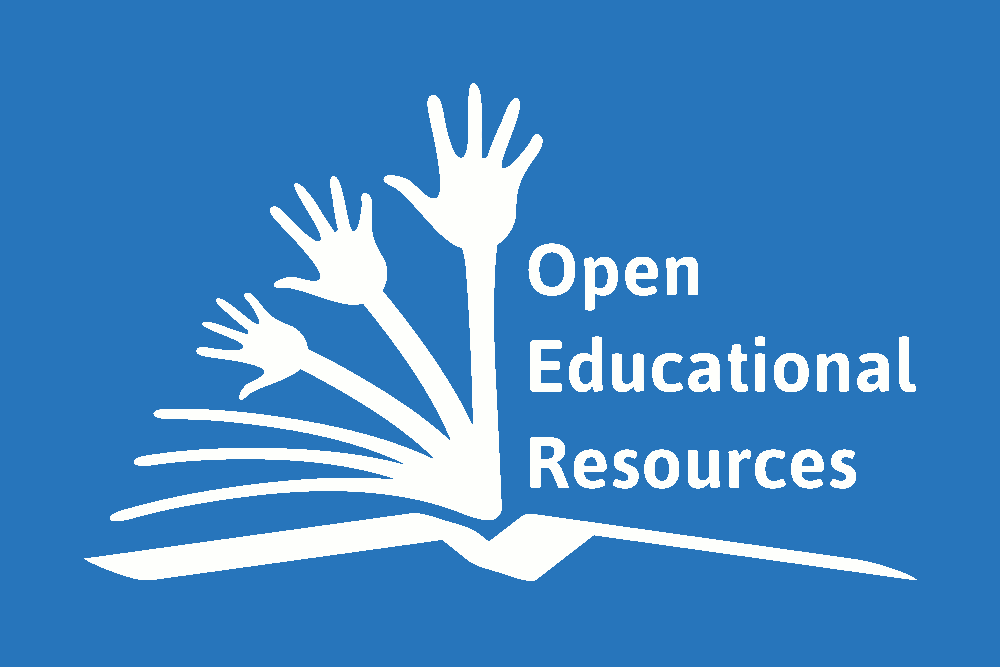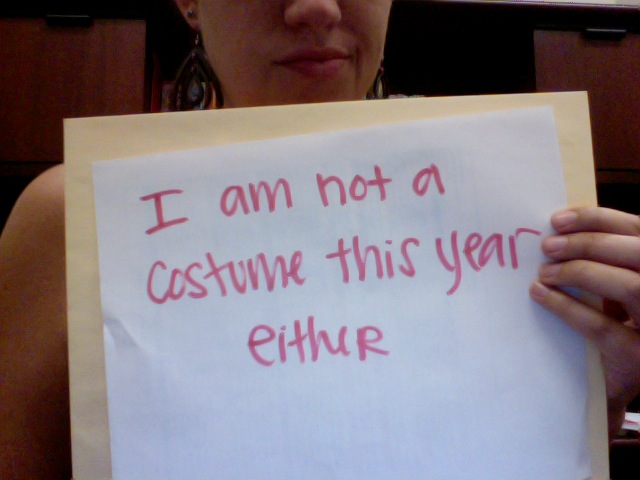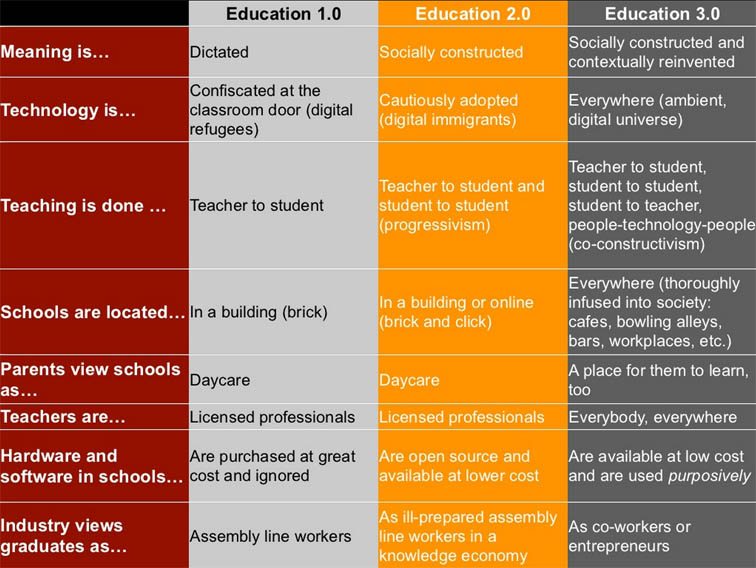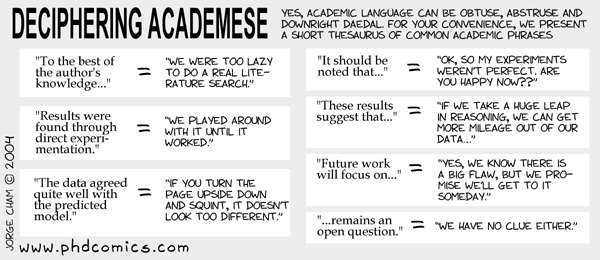 David Simon spoke at Sydney's Festival of Dangerous Ideas.
David Simon spoke at Sydney's Festival of Dangerous Ideas.His speech was printed in the Guardian and is now being reported around the web.
I hope it starts a conversation.
It is something else, an excellent critique of what has brought Western society to the point it is at today.
Mistaking capitalism for a blueprint as to how to build a society strikes me as a really dangerous idea in a bad way. Capitalism is a remarkable engine again for producing wealth. It's a great tool to have in your toolbox if you're trying to build a society and have that society advance. You wouldn't want to go forward at this point without it. But it's not a blueprint for how to build the just society. There are other metrics besides that quarterly profit report.
The idea that the market will solve such things as environmental concerns, as our racial divides, as our class distinctions, our problems with educating and incorporating one generation of workers into the economy after the other when that economy is changing; the idea that the market is going to heed all of the human concerns and still maximize profit is juvenile. It's a juvenile notion and it's still being argued in my country passionately and we're going down the tubes. And it terrifies me because I'm astonished at how comfortable we are in absolving ourselves of what is basically a moral choice. Are we all in this together or are we all not?
It is a speech that demonstrates why Time Magazine chose Pope Francis for Person of the Year - why that choice was so important.
It is a speech that will anger some, go over the heads of others, and be ignored by those Simon is most critical of.
Read it or watch it.
Agree or disagree, but please engage in this debate. Don't dismiss it. This is the debate of our time.














































